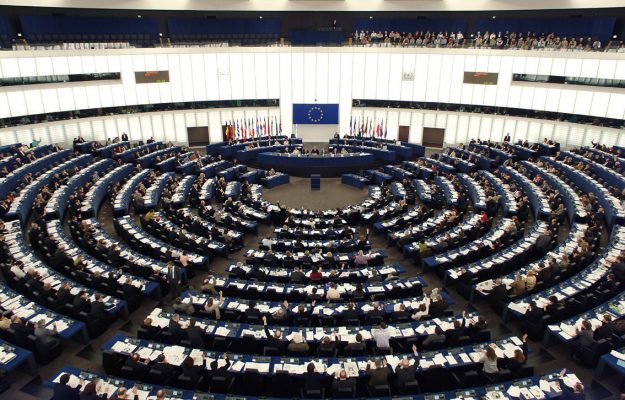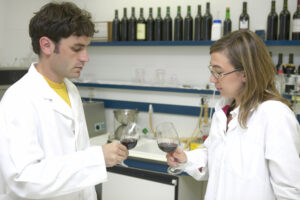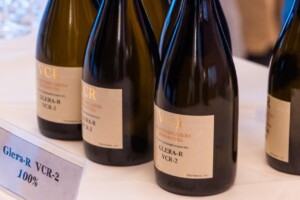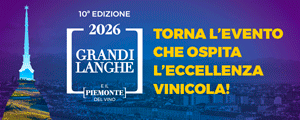In March 2022, the European Commission published its proposed revision of the Geographical Indications policy, which would also include designations of origin under the protection of the European Union Intellectual Property Office (EUIPO). Since the beginning, the reform policy has found a wall put up by the EFOW - European Federation of Origin Wines (Federdoc - federation for the protection of DOC, is the member representing Italy). On July 5th, EFOW together with DWV (the association of German wine producers), Paolo De Castro (vice president of the Agriculture Commission), and the European Union parliamentarians, Alvaro Amaro, Irène Tolleret, Adrian Vazquez Lazara and Claude Gruffat, organized a seminar, in Strasbourg, to defend their reasons for opposing it as well as the strengths of the actual Geographical Indications protection model.
“Our local products have become symbols of European quality and food know-how on the world stage”, Bernard Farges president of EFOW commented. “The goal of this new reform must be to strengthen the denomination system, not to weaken it. To this end, therefore, names should not be seen as just mere intellectual property right, nor should the quality protection policy in the EU be the mere protection of a name. We must all be reminded that this system is an integral part of CAP, the Community Agricultural Policy, and that GIs help create value, while at the same time, guaranteeing higher remuneration for producers and making an important contribution to the rural development of European territories. The Directorate-General of Agriculture must continue to play its central role in the management of our production specifications. And, in order to allow them to function better we must find ways to reduce their workloads. For instance, there needs to be more subsidiarity in the management of the specifications”.
The president of DWV, Klaus Schneider said, “the European Union is the world's leading wine producer today. Unlike other sectors, the wine sector is composed of, for the most part, products that have a geographical indication, and therefore, without the names, one could say that European viticulture would not exist. The rules and specificities of the wine sector are defined in regulations, which are those of the Common Market Organization (CMO), including provisions relating to labeling, market measures, competition rules, authorizations for planting vines, oenological practices and traditional indications. This is the reason why it is essential that GI wine regulations are not detached from the CAP, as it would represent a huge complication for us”, Klaus Schneider concluded.
“The GI reform needs to be an opportunity to strengthen their protection and make the system even more efficient. Our companies do not need to strengthen bureaucracy, but rather to simplify procedures”, Jérôme Bauer, president of CNAOC - Confédération Nationale des Producteurs de Vins et eaux de vie de vin à Appellations d’Origine Contrôlées, added, and continued saying that, “in this phase, the European Commission's proposal is not taking the correct direction by introducing a new player. We have no problem and agree that EUIPO participate in the protection of appellations of origin. However, it is time for our politicians to decide to implement the subsidiarity principle, which means that we should not deal at the European Union level with what should not and cannot be treated at the community level. We have left management to the National level, which is really quite complicated by itself…”.
Copyright © 2000/2026
Contatti: info@winenews.it
Seguici anche su Twitter: @WineNewsIt
Seguici anche su Facebook: @winenewsit
Questo articolo è tratto dall'archivio di WineNews - Tutti i diritti riservati - Copyright © 2000/2026







































































































































































































